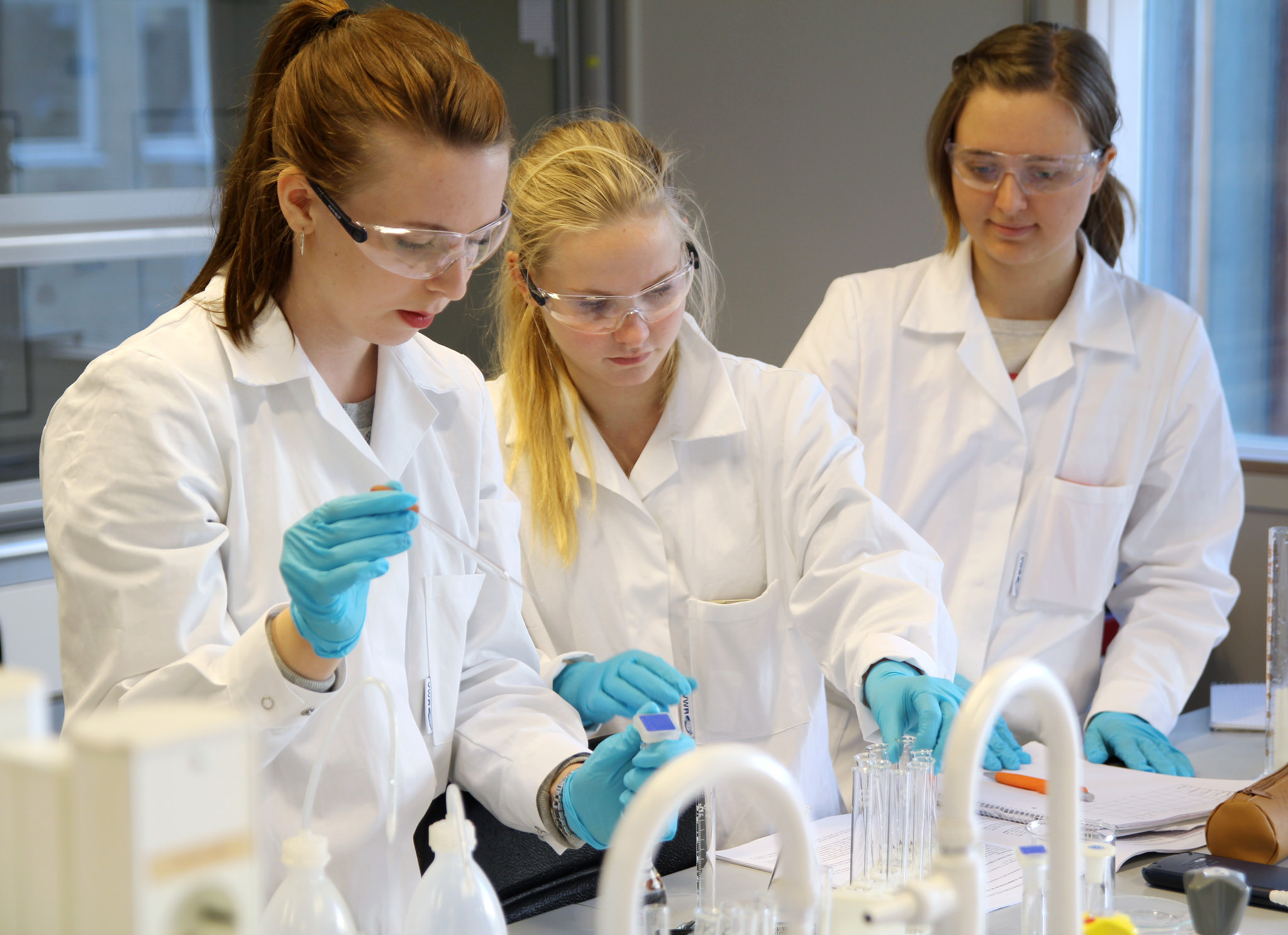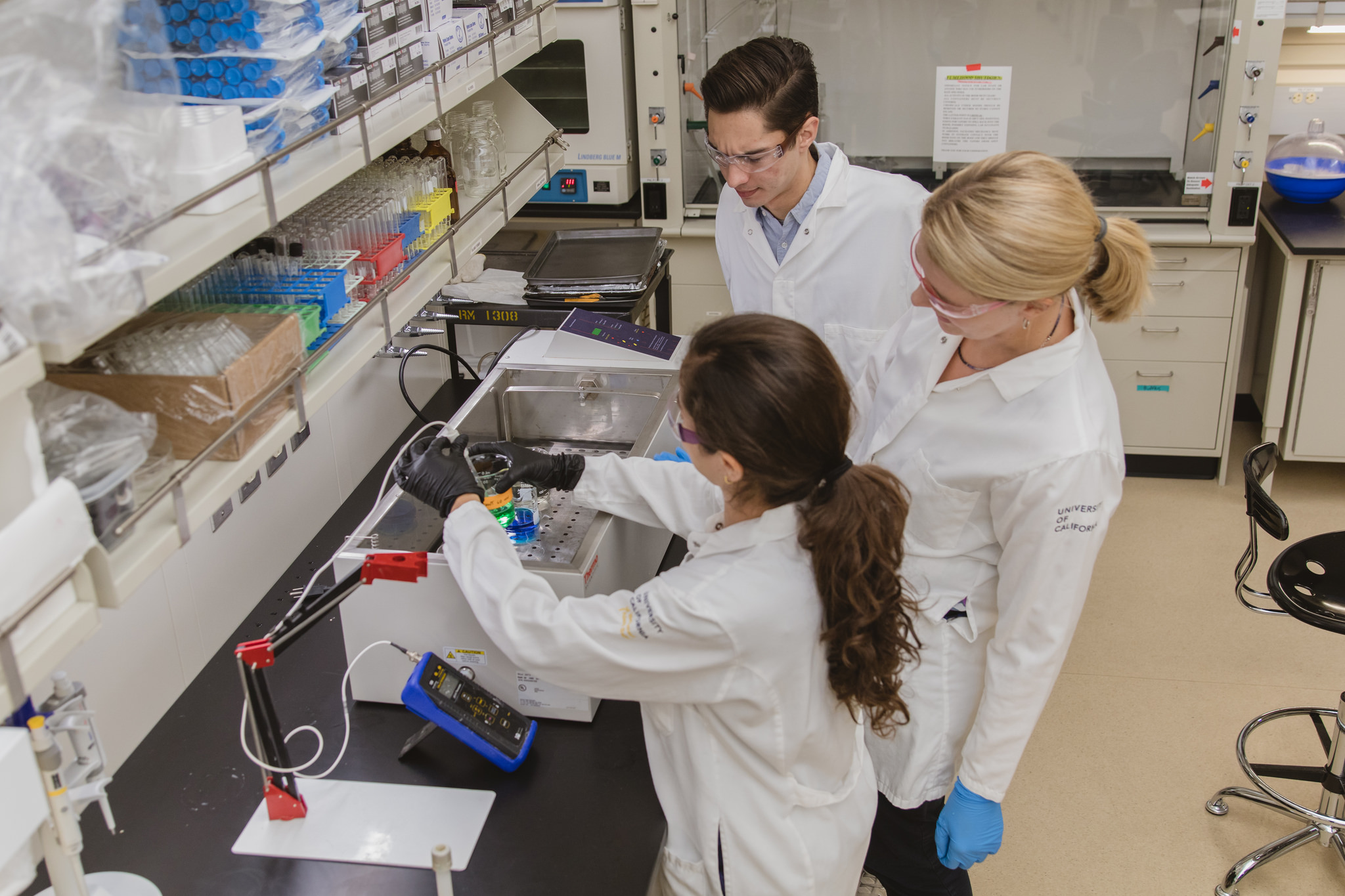Not enough action is being taken to break down the barriers women face in the world of chemistry, according to the chief executive of the Royal Society of Chemistry (RSC).
As part of a report into the retention and progress of women in the chemical sciences, RSC Chief Executive Robert Parker stated that there was “no acceptable reason to stop someone achieving their potential.”
However, he added that women in particular face challenges when working in academia.
‘A Culture of Secrecy’
The report contains a commitment to create a dedicated helpline to support victims of bullying and harassment within the industry.
The society found that people were being denied opportunities because of “a culture of secrecy” and the “unchecked power of managers.”
This is the first time a professional science organisation has taken a step of this nature.
Progress in increasing diversity in the chemical sciences remains extremely slow.
Breaking the Barriers – The Royal Society of Chemistry
Research shows that just under half of students studying chemical sciences at university are women. However, the number of women working in senior roles remains “exceptionally poor.”
The report states that both men and women have been bullied and harassed by colleagues, but that women were most often discriminated against.
It’s hoped the helpline will increase the number of women chemists, and is expected to be running by Summer 2019.
Diversity and Equality in Chemistry – Three Big Barriers
At a national level, the progress in increasing diversity in the chemical sciences is “extremely slow,” according to the RSC.
An RSC study found that the slow progress is down to three main issues: academic funding structures, academic culture, and balancing responsibilities.
The time to act is now. Let’s work across the sector to ensure that chemistry really is for everyone. Read our @RoySocChem Breaking the Barriers report to find out more. #chemEquality pic.twitter.com/CCAUrFjUOU
— Jo Reynolds (@joreynoldsrsc) November 6, 2018
Short-term funding and contracting structures, combined with current definitions of scientific excellence, are creating uncertainty and unnecessary pressure, it reports.
The study also points to inconsistencies in the quality and accountability of management, as well as shortfalls in sponsorship and recognition opportunities for women.
Finally, a shortage of part-time and flexible working options, as well as a lack of understanding regarding caring responsibilities, are forcing individuals to choose between a career and other demands.
The Equality Act 2010 prohibits discrimination on the basis of gender. Women’s rights are also protected by international treaties like the Convention on the Elimination of All Forms of Discrimination Against Women, which the UK is a signatory to.
What Else is Being Done?
 Credit: Flickr/NTNU – Faculty of Natural Science
Credit: Flickr/NTNU – Faculty of Natural Science
In addition to the helpline, the RSC is taking four other big steps to foster equality and better conditions in the world of chemistry.
They will launch grants for carers in early 2019, plus an annual recognition for chemistry departments which demonstrate significant progress in inclusion and diversity.
Discussions and outreach on equality will also take place, with the society looking to facilitate an exchange of best practice among peers and set up a ‘gender equality forum’ to accelerate change.
RSC Chief Executive Robert Parker said, “it is evident from our research in the community that barriers exist when it comes to progression and retention in the chemistry profession.
“Gender balance is not a target in and of itself but an outcome of an equitable system.
“We cannot make the impact required alone. Bringing down the barriers will require everyone to work together.”








